- P.O. Box 1133 Wayne, WV 25570
- 304-501-4755
- P.O. Box 1133 Wayne, WV 25570
- 304-501-4755

An exciting coalition of West Virginia cities, economic revitalization organizations, leading academic institutions, and private sector innovators joined at non-profit Coalfield Development Corporation’s “West Edge Factory” in Huntington, WV on Monday, February 7 to officially launch the “Appalachian Climate Technologies” Coalition or (“ACT Now Coalition”).
ACT Now focuses on building a new economy for southern West Virginia.
Traditionally, southern West Virginia’s economy has been dominated by the coal industry. ACT Now is an opportunity to diversify the region’s economy and make it more sustainable. Doing so will help ensure a just transition to a better economy with more good-paying jobs and broader community improvement than what has been realized in year’s past.
ACT Now will transform the struggling southern West Virginia region with economic investments and job creation in the solar industry, expansion of technology businesses, upgrades of buildings to be more energy efficient, redevelopment of industrial spaces and “brownfields” for 21st century manufacturing, and the transformation of abandoned minelands into new sustainable assets.
ACT Now Coalition Launch Press Conference
The ACT Now region of southern West Virginia is recognized by the U.S. Intergovernmental Council on Energy Communities as the most economically distressed and coal-impacted area in America. Key ACT Now projects will include:
1) Re-power Appalachia Initiative –“Re-power Appalachia” will increase solar (and other renewable energy) deployments by 10x in WV to $100+ million annually by training a workforce to install 750 solar roofs annually, backed by a new investment fund to help small businesses and non-profits access low-cost capital and incentives for projects.
2) Abandoned Mines to Sustainable Lands – West Virginia University and the Nature Conservancy will lead the “Abandoned Minelands to Sustainable Lands” program to boost the under-achieving pace of abandoned mine reclamation in WV and Appalachia with new approaches to sustainable reuse of these lands, with an initial goal of 50,000 acres put into reuse including at up to five (5) exciting pilot sites. A new workforce will transform abandoned mines for productive reuses in solar/wind/geothermal generation, energy storage (including small-scale pumped hydroelectric storage, compressed air energy storage in deep subsurface mines, and thermal electric storage), agro-forestry for carbon capture and for biomass/bioenergy production, healthy food production, rare earth element development, co-located manufacturing, and eco-tourism and outdoor recreation.
3) Huntington’s Brownfields Innovation Zone (H-BIZ) – H-BIZ is 100 acres of vacant manufacturing brownfields in the heart of downtown Huntington is ready for a new high-tech center for advanced manufacturing, R&D-focused businesses, and other high-wage jobs. Huntington will prepare the site and upgrade its infrastructure to welcome a potential onshore of a new solar PV manufacturing plant; upgrade three historic buildings for tech reuse, and build a new, 50,000-100,000 square feet HBIZ Technology Center to welcome ACT Now technology investments, creating 100+ jobs.
4) Charleston’s Learning, Innovation, Food & Technology Center (“LIFT Center”) – The City of Charleston, Kanawha County, the WV International Yeager Airport, Charleston Area Alliance, and regional economic development organization Advantage Valley will transform the 8-acre, 110,000 sq. ft. idled Kanawha Manufacturing plant in a low-income neighborhood in the heart of the city. Kanawha Manufacturing Co. began building equipment for the WV coal mines in 1902, and expanded in the power generation aftermarket in 1960s. It has reached its last generation of owners who now seek a transition strategy. ACT Now will transform this site into the new LIFT Center, which will include a Coalfield jobs learning and training center, along with the Healthy Food Commercial Kitchen & Food Processing Hub and other clean-technology uses. This will include a new Marshall University Aerospace Battery Institute that will foster the emerging, zero-emissions eVTOL (electric vertical takeoff and landing) aerospace sector, along with new eVTOL charging stations and pilot training at Yeager Airport and other WV airports.
5) Logan’s Just Transition CENTER (Climate and Equity Nexus for Transformative Economic Revitalization) – Lead Coalfield is partnered with Southern Community & Technology College to transform the former, now-idled “Coal Miner Training Academy” in the City of Logan into a new “Climate Technology Training Center”, along with the first Generation WV tech training center in the southernmost coalfields.
6) Wayne County’s “BLACK DIAMOND” Hub for Sustainable Economic Development – Investors and industry-leaders are learning that Appalachia is an economic diamond in the rough. Our transformation is underway and this facility will accelerate the trend, creating a new headquarters for expanding solar companies, recycling and reuse businesses, and bio-based manufacturing. This center will leverage millions in private investment to expand green-collar jobs throughout the entire region. This construction project directly complements the Re-Power initiative listed above.
7) GROW Now – Growing Resilient Opportunities for the WV Workforce – To achieve the transformation made possible by ACT Now, the region must upgrade and expand its proven workforce development approaches, especially for young jobseekers, dislocated coal workers, minority and persistent poverty communities, and unemployed/underemployed West Virginians. Generation West Virginia will lead the effort to create green collar technology jobs, the Alliance for Economic Development of Southern WV will train a green building workforce and green manufacturing workforce.
8) WV Community and business resilience initiative – The Initiative brings together high-impact, West Virginia-based economy builders to work alongside residents to motivate and prepare them so we can ensure no communities will be left behind by the shifts happening today in our country’s energy sector. The initiative builds a 3-prong approach that serves as the foundation for successful economic diversification: people (leadership and business development), planning (strategic and community resilience plans), and places (community and downtown development). The West Virginia Community Development Hub will develop “Community Resilience Plans” for local resilience and prosperous growth, the WV Brownfield Assistance Centers will help transform brownfields and BAD (Blighted, Abandoned & Dilapidated) Buildings for these new economic and job centers, and Advantage Valley and West Virginia Hive will deploy entrepreneurial development programs to accelerate business start-ups and expansions in these sectors.
The ACT Now coalition will create 5,000 new direct full-time and 15,000 indirect jobs, create 125 new businesses, and leverage $250+ million in private sector investment in these climate technology sectors.
The $500,000 Build Back Better Regional Challenge Phase 1 grant which the U.S. Economic Development Administration announced for Coalfield and the ACT Now Coalition on December 15 will support key preparations, due diligence, strategic planning, pre-construction engineering, and other steps to prepare for implementing the projects. In March 2022, the ACT Now Coalition will submit EDA Phase 2 applications for as much as $75 million in additional grants for construction and implementation of the ACT Now projects over a 48-month period, leveraging $30 million more in non-EDA funding from a variety of sources.
We are verified by PayPal! If you have a PayPal account, you can use it to help save on donation processing fees. If not, you can make a donation with your preferred debit or credit card too!
Proudly supported by these incredible organizations, partners, and more…








Inspiring the courage to grow, activating the creativity to innovate, and cultivating communities of opportunity in central Appalachia.